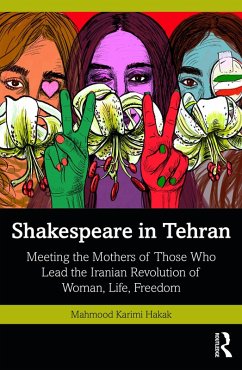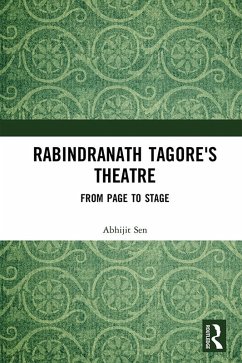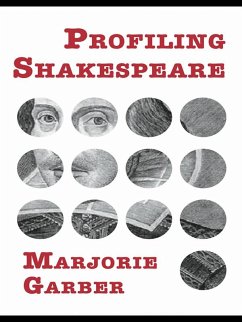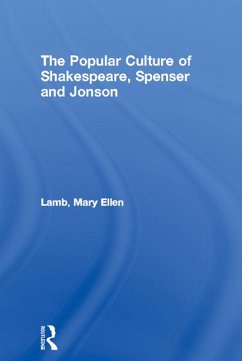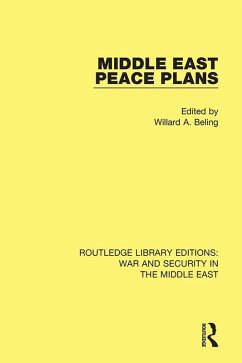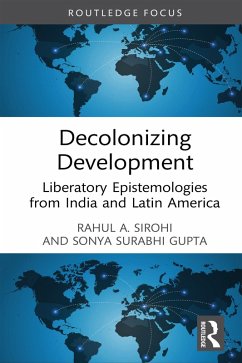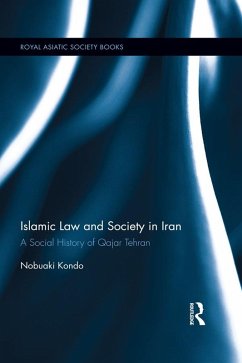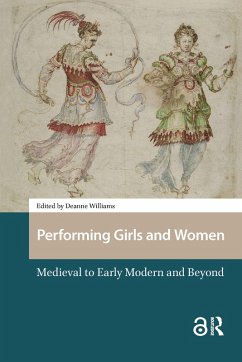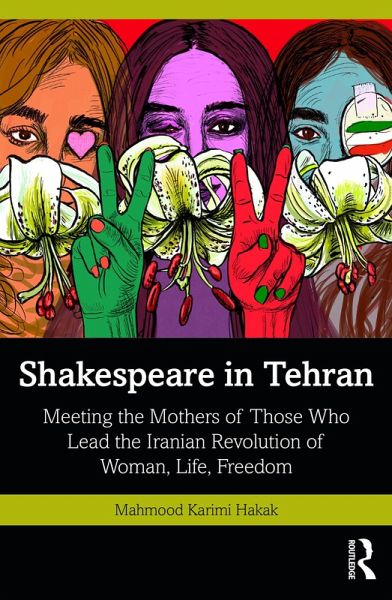
Shakespeare in Tehran (eBook, ePUB)
Meeting the Mothers of Those Who Lead the Iranian Revolution of Woman, Life, Freedom
Versandkostenfrei!
Sofort per Download lieferbar
39,95 €
inkl. MwSt.
Weitere Ausgaben:

PAYBACK Punkte
20 °P sammeln!
Shakespeare in Tehran is a personal history of Iran through the eyes of an award-winning Iranian American artist. Drawing on parallels between life and the stage, it uses A Midsummer Night's Dream as a roadmap to explore social, political, economic, and cultural aspects of Iran before and after the revolution of 1979. Through first-person accounts, interspersed with emotional reflections of the universal human experience, it delves into the historical and sociological context of a divided country.Storytelling, flashbacks, and flashforwards paint an intimate picture of public life in Iran in a ...
Shakespeare in Tehran is a personal history of Iran through the eyes of an award-winning Iranian American artist. Drawing on parallels between life and the stage, it uses A Midsummer Night's Dream as a roadmap to explore social, political, economic, and cultural aspects of Iran before and after the revolution of 1979. Through first-person accounts, interspersed with emotional reflections of the universal human experience, it delves into the historical and sociological context of a divided country.
Storytelling, flashbacks, and flashforwards paint an intimate picture of public life in Iran in a time of uncertainty. Accessible, engaging, and nuanced, this volume will be of interest to scholars and researchers of politics, history, theater and performance studies, and West Asian studies.
Storytelling, flashbacks, and flashforwards paint an intimate picture of public life in Iran in a time of uncertainty. Accessible, engaging, and nuanced, this volume will be of interest to scholars and researchers of politics, history, theater and performance studies, and West Asian studies.
Dieser Download kann aus rechtlichen Gründen nur mit Rechnungsadresse in A, B, BG, CY, CZ, D, DK, EW, E, FIN, F, GR, HR, H, IRL, I, LT, L, LR, M, NL, PL, P, R, S, SLO, SK ausgeliefert werden.




